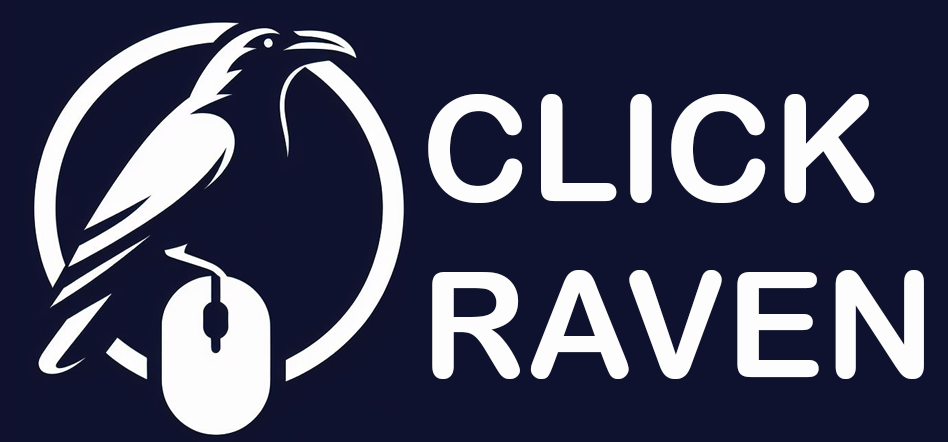If you’ve been navigating the SEO world, things are changing fast. What used to be a toolkit complete with checklists, keyword planners, and analytics dashboards is now being challenged by something far more dynamic: AI-powered SEO agents.
But what does that mean for you? Are these AI agents just smarter versions of what you’re already using, or do they represent a completely different way of doing SEO?
In this article, we’re not just comparing features. We’re unpacking how AI SEO agents fundamentally shift how SEO works, from content creation to technical audits, and what that means for your business. Whether you’re a solo marketer, part of an agency, or managing a large SEO team, understanding this shift helps you decide where to invest your time, tools, and budget next.
Let’s break it down together.
Evolution from SEO Tools to Autonomous Agents
SEO hasn’t just evolved, it has leaped. If you’ve relied on traditional tools to guide your strategy, you’re familiar with how they work: they give you data, highlight opportunities, and leave the decisions up to you. But now, AI SEO agents are stepping in with a different approach. Instead of simply assisting, they take action, analyzing your site, creating content, and optimizing pages independently. This shift isn’t just about convenience; it’s changing how SEO gets done, freeing you from repetitive tasks and letting you focus on strategy, creativity, or other growth areas.
Content Creation and Optimization
Traditional SEO tools offer suggestions. AI SEO agents go further; they generate, rewrite, and optimize content independently. Instead of waiting for your input, they adapt in real-time based on search trends, competitor analysis, and algorithm shifts. That means faster, smarter content that keeps you ahead without constant manual tweaks.
Technical SEO Implementation
Traditional tools flag issues that SEO agents fix. From compressing images and minifying code to improving Core Web Vitals and updating XML sitemaps, agents can handle much of the technical work automatically. It keeps your site fast, crawlable, and optimized without waiting on dev support.
Link Building and Outreach
Manual link building is slow. AI agents speed things up by identifying prospects, personalizing outreach, and automating follow-ups. Some even track brand mentions and pitch link opportunities in real time, refining their strategy to improve link quality and success rates.
Performance Monitoring and Reporting
Traditional dashboards allow you to analyze while AI agents track performance 24/7, detect issues, and recommend next steps based on data. Some even generate reports with actionable summaries, helping you move faster and make better SEO decisions without digging through charts.
Comparison Table: SEO Tools vs. AI SEO Agents
| Feature | Traditional SEO Tools | AI SEO Agents |
| Operation Mode | Manual analysis and implementation | Autonomous execution with minimal oversight |
| Learning Capability | Static functionality with periodic updates | Continuous learning and adaptation |
| Content Creation | Analysis and suggestions only | Whole content generation and optimization |
| Technical Implementation | Identification of issues only | Automated problem resolution |
| Decision Making | Human-driven with tool assistance | AI-driven with human oversight |
| Scalability | Limited by human capacity | Virtually unlimited scalability |
| Customization | Rule-based configuration | Dynamic adaptation to unique circumstances |
| Response Time | Depends on human availability | Real-time response and implementation |
| Learning Curve | Significant expertise required | Minimal technical knowledge needed |
| Cost Structure | Subscription + human labor costs | Higher upfront cost, lower ongoing labor |
| Integration Complexity | Multiple tool coordination required | Unified platform with seamless integration |
| Data Processing | Limited by human analytical capacity | Advanced pattern recognition and insights |
How Do You Choose the Right Tool or Agent?
Picking the right SEO solution isn’t just about features; it’s about how well the tool or agent fits your team, your goals, and how fast you want to move. It’s a strategic decision that can shape your growth trajectory, so let’s break down how to think it through.
Business Needs Assessment Framework
Begin with a clear snapshot of where you stand. Identify your current SEO gaps, content volume, and how fast rankings in your niche can swing. If you already have seasoned SEOs and solid workflows, traditional tools can sharpen what’s working. But when expertise or time is scarce, an AI SEO agent can automate research, optimization, and publishing so you move quicker with less manual lift.
Team Skill Level and Resource Availability
Next, match the tool to your people. Data-driven teams who enjoy hands-on control often prefer traditional platforms for their granular insights. By contrast, small or multitasking teams gain more from AI agents that handle day-to-day execution after a one-time setup. Remember to weigh total effort, not just subscription costs; the hours saved by automation often balance out a higher price tag.
Integration Requirements and Complexity
Now, check how each option fits your tech stack. Traditional tools may need manual connectors or spreadsheet workarounds to sync with your CMS and analytics, which can slow down workflows. Many AI agents offer built-in APIs that push updates straight to your site, saving steps, but they also demand careful oversight to meet your security and compliance standards.
Future Scalability and Growth Planning
Finally, think beyond the next quarter. Traditional tools scale linearly; more content means more team hours. AI agents, however, expand output without matching increases in headcount, which is crucial if you expect rapid growth or multiple site launches. Decide whether you need that elasticity now or if a steadier, manual approach suits your broader marketing mix.
Final Remarks
Choosing between AI SEO agents and traditional SEO tools depends on what fits your team, goals, and available resources.
Traditional tools still work great if you have an experienced team and prefer hands-on control. They’re reliable, give you complete visibility, and support a creative, human-led SEO strategy.
But if you’re short on time and resources or want to scale fast, AI SEO agents step in with serious advantages. They can plan, optimize, and publish quickly, saving you hours of manual work while staying responsive to algorithm changes.
Looking ahead, SEO will only get more AI-driven. The smartest move? Combine both worlds: let AI handle the repetitive tasks while your team leads with strategy and creativity.
The best choice meets your needs and sets you up for what’s next.

